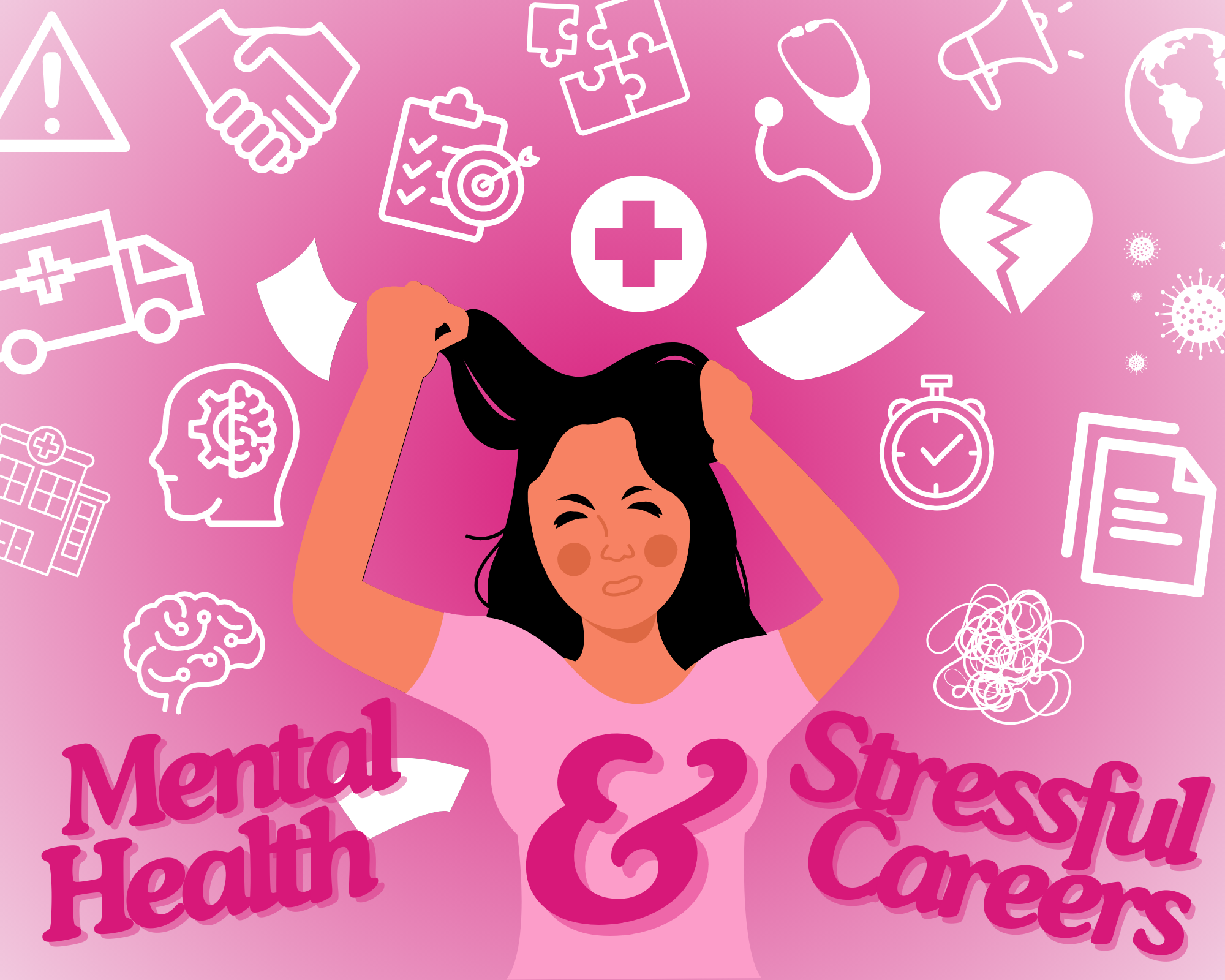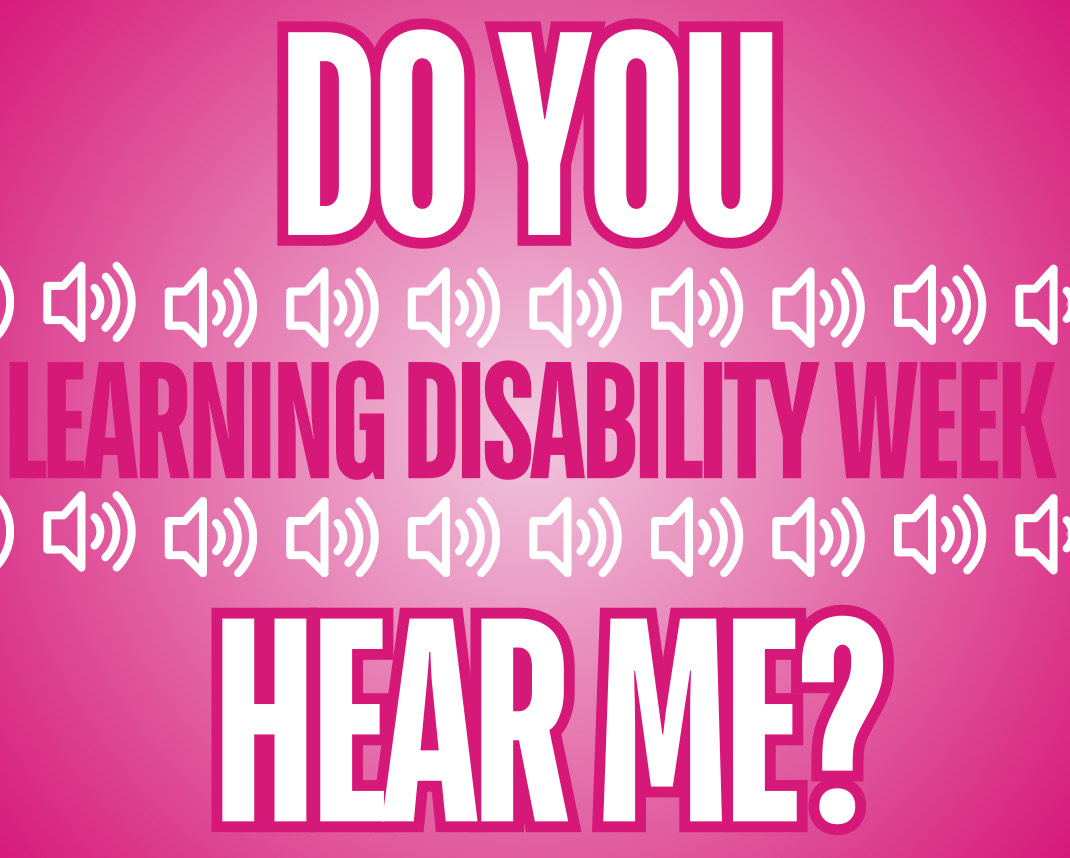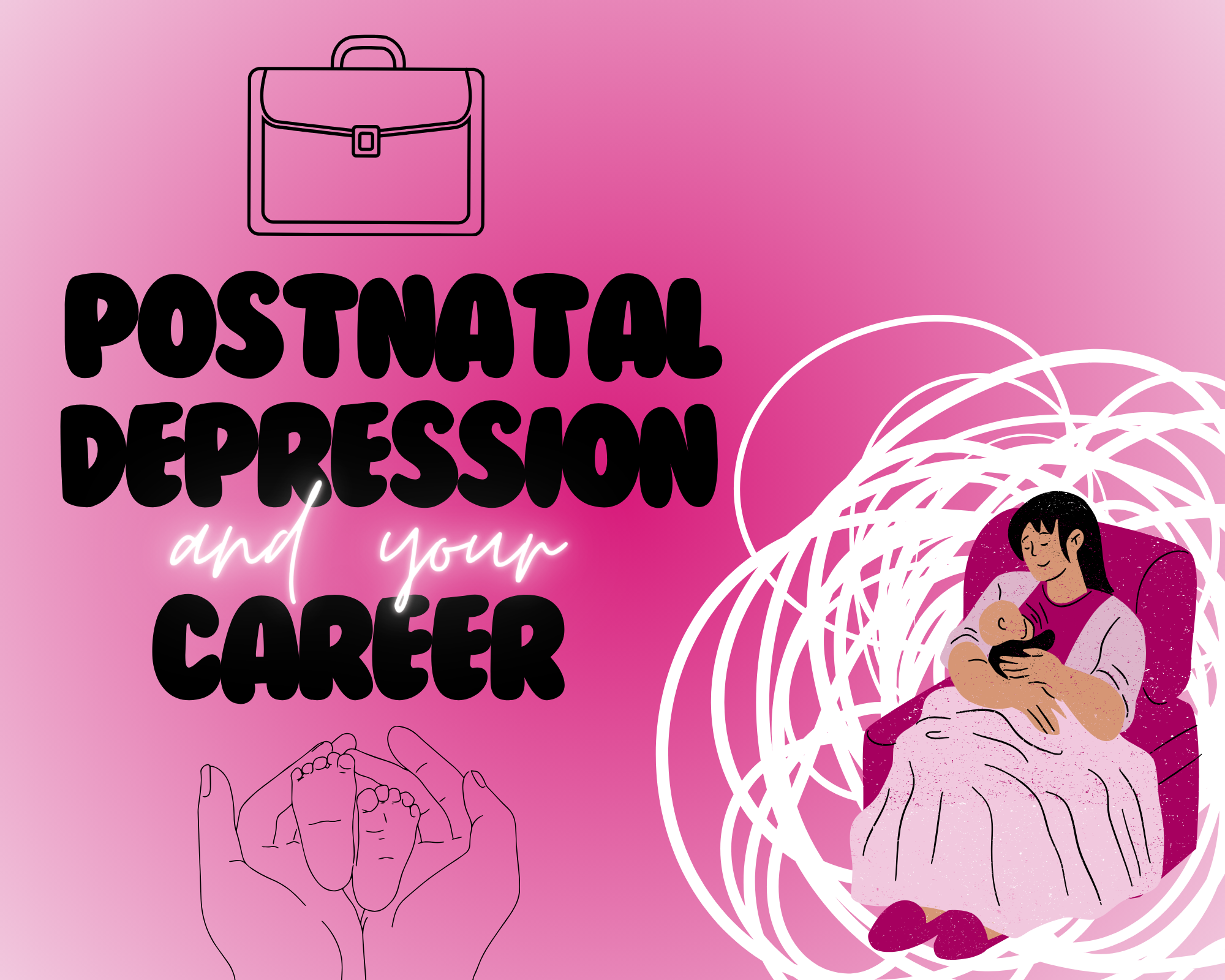Many jobs carry strain and emotional turmoil for many different reasons such as bad bosses, office relationships and many more factors. But, for occupations that involve death and illness every single day, sometimes these factors can deeply affect your mental health.
Werk spoke to three women who have had to deal with these consequences due to the nature of their job, and how they have looked after their mental health through the difficult days.
Hannah Hardy, 21, student paramedic at Northampton University
Hannah is a student paramedic in her final year of University, and since she is in the final stages of her degree she has reflected on her experience from her very first placement, all the way to the end of her education.
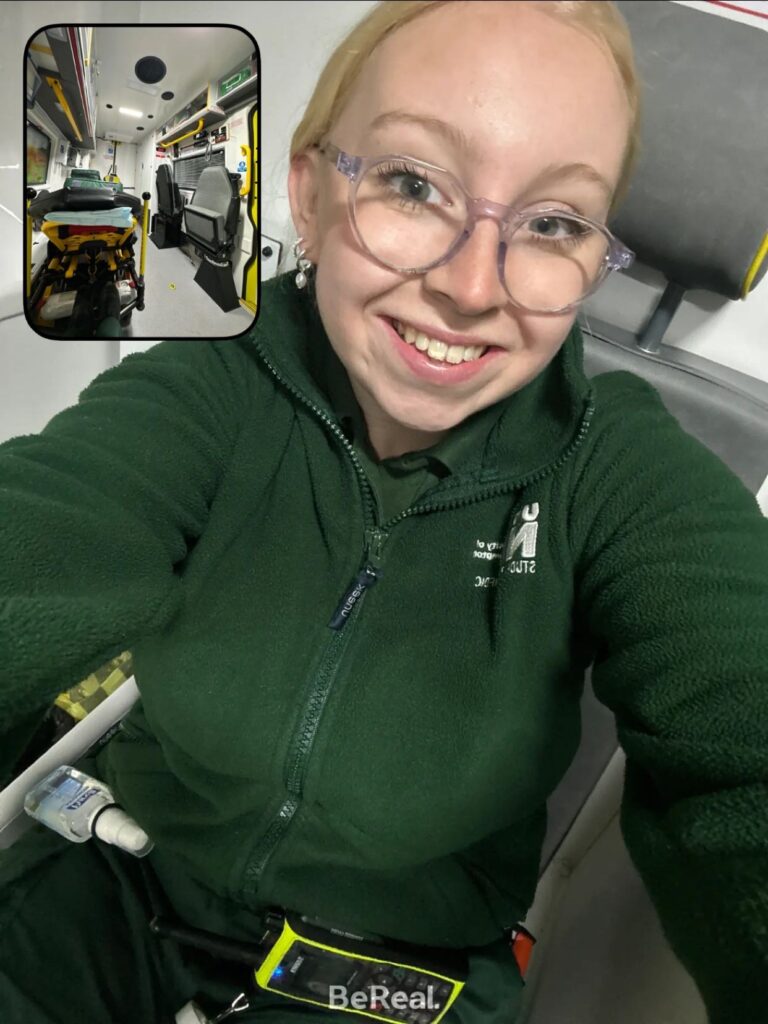
Hannah recommends preserving your mental health by perfecting your work life balance to allow yourself time to do things all for yourself.
She said: “I think it is important to find the things you enjoy and the people you enjoy spending time with. For me, I love spending time with my horse Neville and if I’m feeling stressed or sad it is useful to go spend time with him, or alternatively just get outdoors and rest my mind.”
Hannah recalls how the jump from school life, straight into University was difficult as she’d gone from a normal teenage girl to sitting in the back of an ambulance with patients and how she found a strong support network from her University helped ease the life change.
She said: “I am very lucky to have good mentors so after a ‘bad job’ we talk about it and break it down. I am also lucky my cohort are all very open so we all talk to each other about it to help us process it.”
By surrounding herself with positive people that can provide a shoulder to lean on, Hannah reflects on how much she loves her job, and despite the strenuous moments, she finds it a privilege to be there caring for people.
Rowena Innes, 52, former funeral service operative
Rowena used to work as a funeral service operative where she dealt with death every single day as part of the job. Over the years, she reflected on the requirements of the job and how she found the work environment you are part of to be an important part of having everything you need to remain positive.
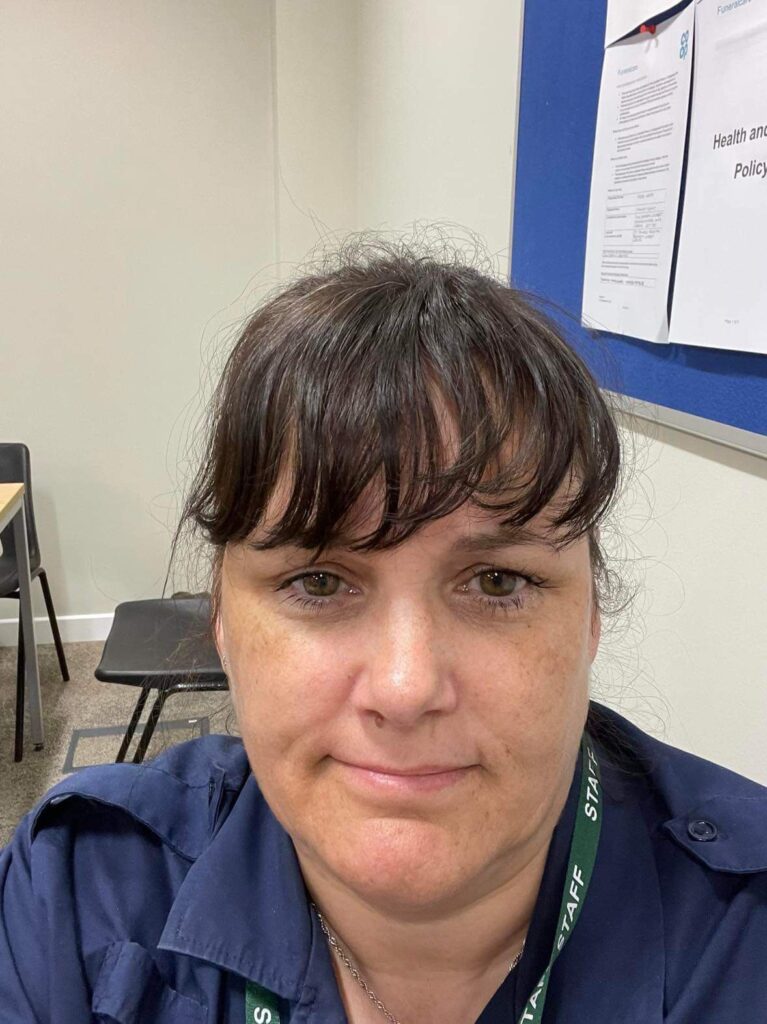
She said: “I think the most important thing for me was the team you’ve got behind you, if you haven’t got that work family then it is hard. You can’t have a hard job emotionally and an unsupportive team really.
“Some days I’d come home and be absolutely drained and you kind of just need to take half an hour or whatever of peace and quiet to switch off and deal with the day.”
Rowena also reflected on how for her, it wasn’t dealing with death that upset her the most, but her empathy for the family and friends affected by the death. She told us about the importance of recognising what your triggers could be in the workplace.
Rowena’s main source of upset in the workplace was when she could put herself in their shoes. She said: “Over the 10 years there was only ever twice that I allowed the job to get to me, and the first was a new-born baby had died and the mother was hysterical and didn’t want to pass the baby over to us.
“I’ve got kids and both instances that got me were where the mother was getting upset that got me.”
With this, it’s important to recognise your own personal experiences and how this can affect your perceptions in the workplace to best prepare you for those hard, traumatic moments.
Eliza Youdan, 21, student nurse at The University of York
Eliza is in her final year studying adult nursing, and reflected on her first traumatic experience on placement where a young patient had to be resuscitated. She found that although she bottled it up at first, she later confessed it had shocked her and she struggled to put it out of her mind.

One of her key pieces of advice in maintaining a positive mental wellbeing whilst on the job is rather than trying to prepare yourself for the traumatic moments, let them happen and then find ways to help yourself cope with the emotions after as in nursing, you can never predict the unpredictable.
She said: “Nursing as a whole can take you by surprise and you can never really become adjusted in that sense. I think you can help yourself after the event more by doing these self care things so for me that’s eating good things, probably having a glass of wine and putting on some of my favourite music.
“I think it is essential to also be able to acknowledge that there is a reason to feel stressed and sad and all those emotions you feel after a traumatic event takes place. It’s normal to feel that way and thinking like that can help to pick yourself up.”
With these types of jobs, where trauma and loss are common, it can be overwhelming and hard to deal with. But as Eliza said, acknowledging this is the first step to dealing with this and we are here to show you that you are not alone.If you have personally felt affected by any aspect of your job, don’t hesitate to contact mental health services such as Mind charity and Samaritans for advice and support.
Also remember to lean on your friends and family for that personalised support, and remember the importance of the job you are doing.

